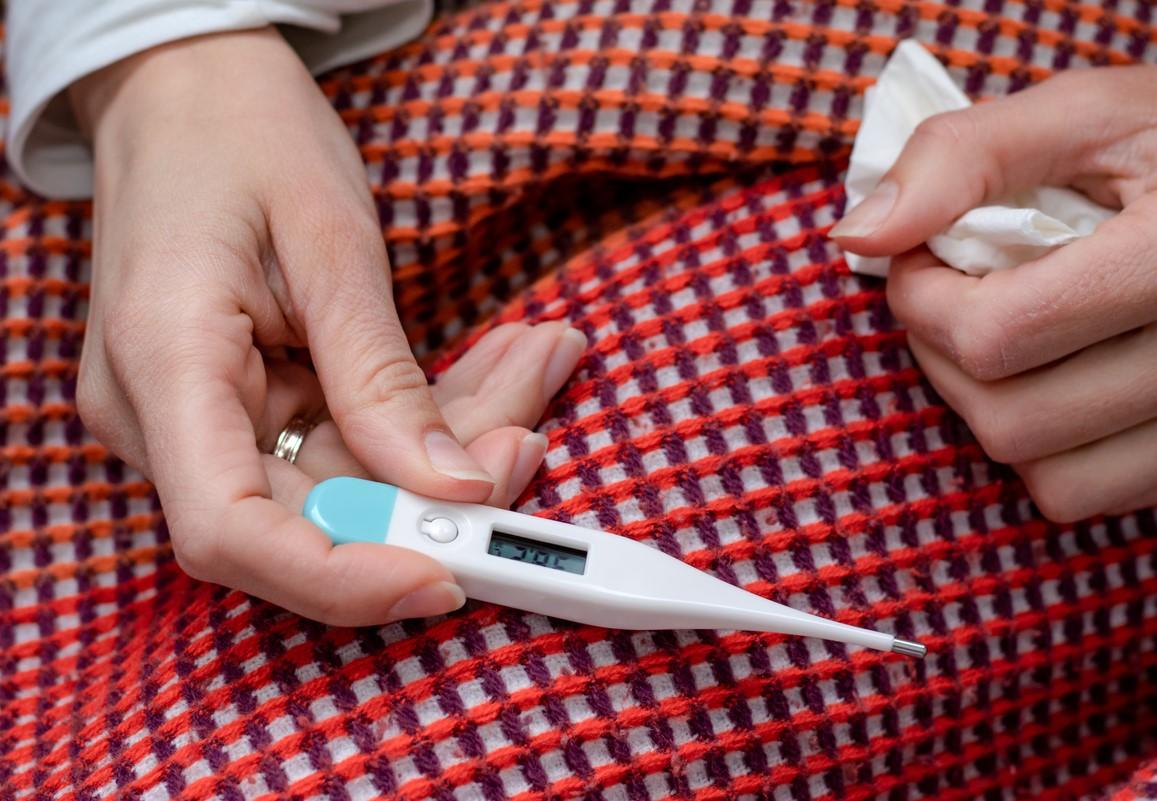Improving symptoms, no fever for 3 days, at least 10 days since symptom onset—those are criteria for when the Centers for Disease Control and Prevention (CDC) says people with COVID-19 can leave self-quarantine and be around others again.
The guidance was released earlier this week and will prove helpful as states continue to open up and people return to work. The CDC also said asymptomatic people who have tested positive for COVID-19 should wait 10 days after the positive test before resuming normal activities.
The CDC also continues to recommend that if people come into close contact with a person confirmed to have COVID-19, they should self-isolate for 14 days while monitoring for symptoms.
More states, cities reopening
Across the country, states and cities continue to reopen. Los Angeles Mayor Eric Garcetti announced retail would be open to in-person shopping starting Friday. And in Iowa, Governor Kim Reynolds announced that starting Jun 10 the state will no longer limit gatherings to 10 or fewer people.
According to Iowa Public Radio, the state is asking venues, including concert halls, amusement parks, and casinos, to operate at 50% capacity. Baseball and softball leagues can also resume play starting Jun 1. Bars will open across the state tomorrow, but will need to follow the same physical distancing guidelines as restaurants.
"Our recovery is contingent upon our ability to protect both the lives and livelihoods of Iowans," Reynolds said in a press conference yesterday. "We can’t prioritize one over the other; we must prioritize both to move forward."
And New York City Mayor Bill de Blasio said the city may start opening by mid-June. According to the Wall Street Journal, de Blasio said the city will have 180 testing sites by the end of June, with the expectation of conducting 50,000 tests daily by Aug 1.
At least 20 states record jump in cases
The reopening of America takes place as at least 20 states are still seeing case counts rise, including Georgia, which was the first state to end stay-at-home orders at the beginning of this month. According to the Atlanta Journal-Constitution, case counts in the state rose 26% for the week ending on May 18 compared with the previous week.
Health officials said it's too soon to tell if the uptick represents a new wave of cases related to reopening, or if the cases reflect more testing being conducted across the state. COVID-19 cases recorded the week of May 18 may have been diagnosed up to 2 weeks prior, the Georgia Department of Public Health said.
Other states tracking a weekly jump in cases include Alabama (28%), Missouri (27%), and North Carolina (26%). The Bay Area has recorded a case spike of 40% in the counties around San Francisco, which have been loosening physical distancing restrictions, the San Francisco Chronicle reported.
Though the CDC had recommended states not embark on reopening their economies until case counts have declined for at least 14 days, many states reopened in the midst of increased testing, or the testing of backlogged samples, which could skew the timeline of the virus in each region.
As of this afternoon, Johns Hopkins University has recorded 1,694,599 US cases, including 99,983 deaths. This means the US will likely see 100,000 coronavirus-related fatalities later today or tomorrow, or 5 days before the CDC predicted the nation would hit that milestone.
Poll: 20% of Americans would refuse vaccine
About half of Americans—49%—would receive a COVID-19 vaccine when it becomes available, according to a new Associated Press-NORC Center for Public Affairs Research poll. Thirty-one percent polled said they were not sure if they'd get vaccinated, while 1 in 5 said they would outright refuse the vaccine.
Among those saying no to the vaccine, about 70% cited safety reasons.
The numbers may come as a surprise as the nation's leaders, including President Donald Trump, have applauded an accelerated vaccine development program, which the goal of having a usable vaccine by January 2021.
Sixty-two percent of Democrats polled, compared with 43% of Republicans, said they plan on getting a vaccine when one becomes available. Older people, for whom serious complications from COVID-19 is more of a threat, were also more likely to say they’d get a vaccine: 67% of people 60 and older say they’d get vaccinated, compared with 40% who are younger.
The poll has a margin of error of plus or minus 4.2 percentage points.





















